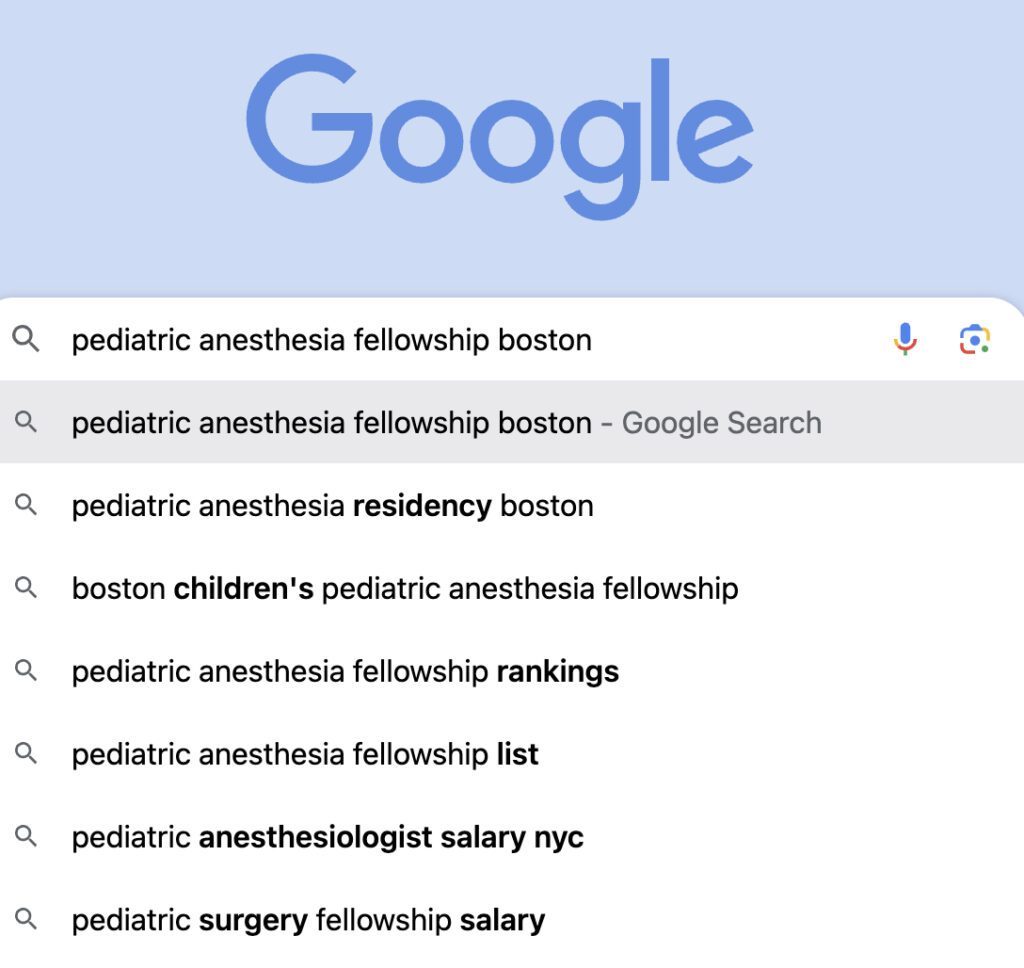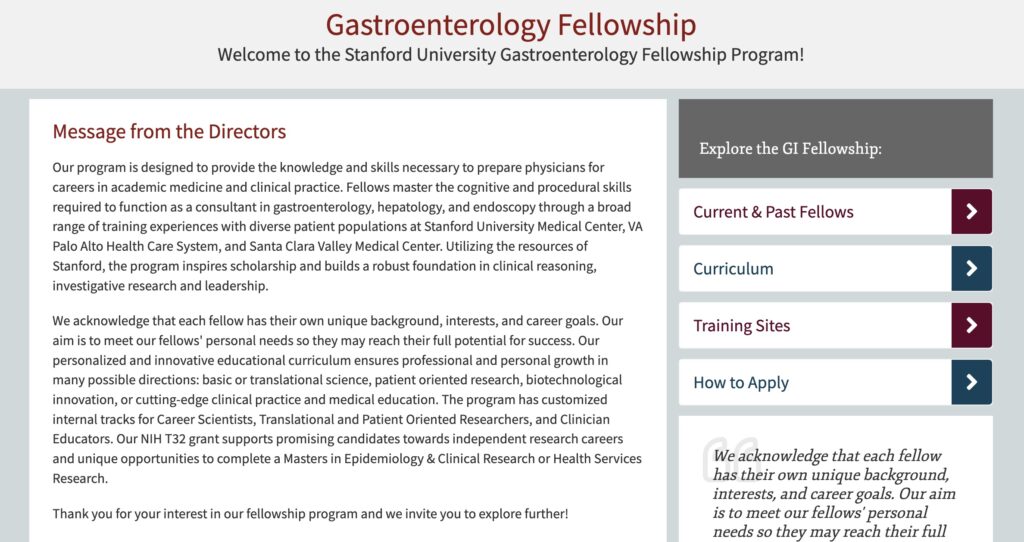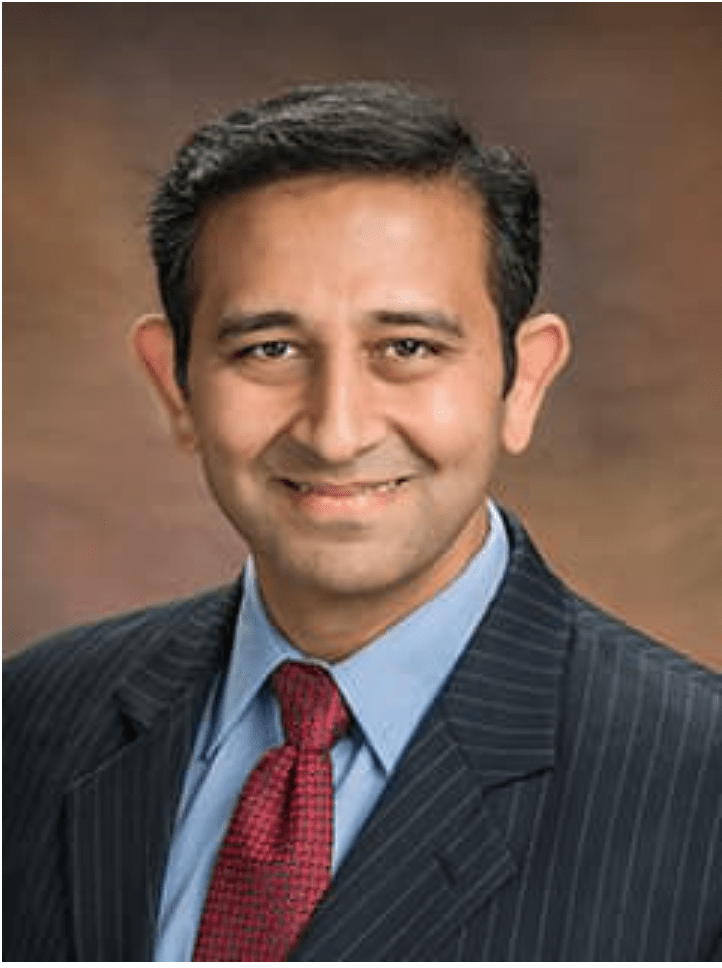
International medical graduates (IMGs) looking to pursue a fellowship in the USA typically fall into one of three categories:
Residency The first group comprises individuals who utilize their fellowship experience as a stepping stone to apply once more for a residency program.
Attending/Consultant Physician The second group consists of IMGs aiming to transition directly from a fellowship to a role as a consultant or attending physician within the USA. We offer specialized guidance to assist in this career progression.
Return to Home Country The third category includes IMGs who enter the USA to undertake a fellowship with the intention of returning to their home country afterwards. They aim to implement the knowledge and skills acquired in the USA within their respective home countries.
For all categories, the underlying principles and processes remain consistent. Let’s dive into more details.
What are the basic requirements for applying to a fellowship program in the USA?
The basic requirements for applying to a fellowship program in the USA are as follows:
- Graduation from a medical college or school recognized by the World Health Organization (WHO).
- You can check the status of your medical college/school by clicking on this link here.
- You must also obtain a sponsorship note from the Educational Commission for Foreign Medical Graduates (ECFMG).


2. Accreditation by the World Federation for Medical Education (WFME) is commendable.
- Congratulations if your country is WFME accredited. Regardless of WFME accreditation status, you are eligible to apply for a fellowship in the USA.
3. Completion of postgraduate (PG) education or residency in your home country.
- You should be a recognized specialist in your home country
- You must have a valid specialist license in your home country.

4. It is desirable to be ECFMG certified.
- This implies that you have completed the USMLE Step 1, Step 2 CK (Clinical Knowledge), and an English proficiency exam, such as the Occupational English Test (OET). While there are exceptions, ECFMG certification is generally preferred.
- Completion of USMLE Step 3 is also advantageous and highly regarded.
How to Find a Fellowship in USA?
Embarking on the journey to secure a fellowship in your area of medical expertise is a pivotal step in advancing your career.
Suppose you’re an anesthesiologist in your home country looking to deepen your knowledge. In that case, you’d aim to find a fellowship that offers sub-specialization within the field of anesthesia.
Conversely, if your background is in radiology, your target would be fellowships tailored to radiology, perhaps with a focus on a niche like neuro-radiology.
For those certified in internal medicine, the horizons are broad. Your fellowship options span various subspecialties, including cardiology, endocrinology, rheumatology, gastroenterology, among numerous others.
Understanding your desired path is crucial. So, let’s take a hypothetical scenario: you’re an anesthesiologist with a keen interest in pediatric anesthesiology. Pursuing a fellowship in this subspecialty would be your goal.
This framework for selecting and pursuing a fellowship applies universally, regardless of your medical specialty.
What Are the Precise Steps to Secure a Fellowship in the USA?
To begin your search for a fellowship in the United States, start with a strategic approach:
Utilize a search engine like Google or other sites to explore some of the top medical universities in the country and the jobs available there.
Navigate to the official websites of these institutions. For instance, if you’re considering Harvard University, specifically search for a pediatric anesthesia fellowship on their site.
Keep in mind that universities like Harvard may affiliate with various hospitals. For example, pediatric anesthesia fellowships might be available at affiliated hospitals such as Boston Children’s Hospital.

4. Proceed to visit the website of the hospital offering the fellowship, such as Boston Children’s Hospital in this case, and look for pediatric anesthesia fellowship opportunities under their training or education section.
5. If your interest lies in a fellowship offered by a different university, apply the same process: visit the university’s website, find their affiliated hospitals, and search for the fellowship program you’re interested in.
Remember, each university and hospital will have its unique offerings and application processes, so thorough research on their specific websites is essential.
How to Find a Radiology Fellowship in USA?
If you’re on the hunt for a highly specialized fellowship in radiology, the approach mirrors the general steps for any medical fellowship search. I will give the example of a neuro radiology fellowship. First, zero in on institutions renowned for their radiology departments. Once you’ve pinpointed these, visit their websites to delve into the specifics of their neuro radiology fellowship programs.
For a practical example, consider you’re aiming for expertise in neuro radiology. You’d begin by identifying which medical schools or hospitals have a strong radiology focus. After selecting your target institutions, navigate to their dedicated fellowship sections to find detailed information on the neuro radiology programs they offer.
But what exactly should you look for on these pages? Clarity on the fellowship’s structure, the mentors you’ll be learning from, and the type of research and clinical work involved are key factors. Also, consider the application deadlines and required materials to ensure you’re fully prepared to apply.
Below is a screenshot showing an example of Neuroradiology fellowship at the prestigious University of Pennsylvania.
Are you ready to take the next step towards advancing your career in radiology? How will you prepare your application to stand out? These are critical questions to ask as you embark on this exciting professional journey. You can find professional help by clicking the below button from where you can connect to experts on IMG Secrets.

How to Find a Gastroenterology Fellowship in USA?
If you’re setting your sights on a fellowship in gastroenterology, the approach to finding your ideal program remains consistent with that of other medical subspecialties. Start by pinpointing institutions renowned for their advancements and research in gastroenterology. These programs should offer a comprehensive curriculum that includes the study and treatment of the digestive system and its disorders.
As you compile a list of potential fellowships, delve into the specifics of what each program offers. This may include cutting-edge research in hepatology, advanced endoscopic procedures, or a focus on gastrointestinal oncology. Pay close attention to the clinical experiences provided, the mentors you will be working with, and the program’s overall philosophy towards patient care and fellow education.
Application requirements for gastroenterology fellowships can be detailed and demanding. Make sure to gather all necessary documentation, understand the selection criteria, and meet all deadlines.
Regardless of the subspecialty within gastroenterology that piques your interest, from inflammatory bowel disease to motility disorders, the key steps to securing a fellowship involve meticulous research, strategic planning, and aligning your professional goals with the program that best suits your career trajectory.
Below is a screenshot showing an example of a fellowship in gastroenterology offered at the Stanford University Hospital.

What Documents are Required to Apply for Fellowship in the USA?
When you delve into the application requirements for a medical fellowship, a critical first step is to note the contact details of the program directors, which typically includes their names and email addresses. Sometimes the direct contact information may be obscured, but don’t be deterred; there are numerous methods to ascertain the emails of program directors.
Once you’ve gathered the necessary contact information, it’s time to focus on the required documents for your application. The cornerstone of these documents is your Curriculum Vitae (CV). Creating a highly professional CV is non-negotiable — it should be polished to perfection, showcasing your credentials without any grammatical flaws or inaccuracies.
Accompanying your CV should be a thoughtfully crafted cover letter. This isn’t just a formality; it’s a chance to present a compelling narrative about your professional journey. An effective cover letter typically spans two pages and encapsulates the essence of your training, your unique background, the values you’ll bring to the program, your motivations for seeking the fellowship, and the benefits you anticipate from the opportunity.
Crafting a CV and cover letter that resonate with fellowship programs is an art form. It requires an understanding of what program directors are looking for and the ability to articulate your fit for their program convincingly. At our firm, we specialize in tailoring these crucial documents to reflect your strengths and align with the expectations of the fellowship programs, enhancing the likelihood that your application stands out in a competitive field.


The Educational Commission for Foreign Medical Graduates (ECFMG) certification is another essential requirement for international medical graduates seeking fellowship opportunities in the United States. This certification is a testament to the readiness of international medical graduates to enter residency or fellowship programs. It’s a validation of the medical knowledge and skills acquired outside of the U.S., ensuring that they meet certain standards of quality. Securing an ECFMG certificate is a significant milestone in your medical career, as it opens doors to advanced training and professional growth in the U.S. healthcare system.

How to Apply for Fellowship in the USA?
Navigating the path to a medical fellowship in the United States can be complex, with several avenues available depending on your specialty and circumstances. Here are four primary methods:
-
NRMP Match: This is a widely recognized pathway through which many applications are processed. The National Resident Matching Program (NRMP) serves a broad range of specialties.
-
SF Match: For certain specialties like ophthalmology, plastic surgery, and others, the San Francisco Match (SF Match) is the route to take.
-
Urology Match: If you’re pursuing a career in urology, you’ll participate in the specialized Urology Match, which caters exclusively to this field.
-
Direct Application: Sometimes, the most straightforward approach is to contact the program director directly with your application, particularly if the above matches do not align with your situation or if there are specific exceptions that apply to you.
For instance, I had the opportunity to assist an International Medical Graduate (IMG) who was a neurosurgeon seeking a fellowship. Given his particular situation, we chose to submit his application through the San Francisco Match.
The route you choose will depend on your medical specialization and the strategies you employ in your application process. While IMGs may find themselves ineligible for the NRMP, SF, or Urology matches due to various reasons, reaching out directly via email to program directors is always a viable option.
If you find yourself uncertain about which pathway to pursue, or if you aim to craft an impeccable application for a specific program director, expert guidance can be invaluable. This is where services like ours come into play. At IMGSecrets, we provide personalized support to help you understand each step of the process and enhance your chances of success. For more insights and detailed guidance, visit the IMGSecrets website and consider watching our informational video for additional tips.
How to Get Professional Help While Applying for Fellowship in USA?
Seeking expert guidance for your medical fellowship application? Our team is ready to assist you every step of the way. Simply visit our website at IMGSecrets.com. Here, you can effortlessly book an appointment with our specialists. We’re committed to providing personalized consultations where we can discuss your aspirations, review your application in detail, and offer tailored advice to enhance your candidacy. We take great satisfaction in supporting applicants like you to navigate the fellowship process successfully. Let us help you present the strongest application possible
Can IMGs Apply Directly to the Fellowship Program Director?
International Medical Graduates (IMGs) can indeed approach program directors directly when applying for fellowships. When composing your email, it should be succinct yet informative, highlighting your intent to apply, a brief overview of your background, and ensuring it remains concise.
Within your email, confirm that you’ve included vital attachments: your Curriculum Vitae (CV), a well-crafted cover letter, your ECFMG certification, and any additional documents requested by the fellowship program. Precision is key—every aspect of your application should be meticulously checked for errors, including grammar and punctuation. Remember, this email and its enclosures are not just forms—they represent you and your professional persona to the program directors who, until now, are not familiar with you or your capabilities.
By reaching this point, it’s clear you’re invested in your pursuit of a fellowship. Take this commitment forward by sending a direct email to the program director, conveying your keen interest and attaching all necessary documents to demonstrate your qualifications and enthusiasm for the program.
What Happens After Submitting the Fellowship Application?
Once your fellowship application has been submitted, the next step is a careful review by the program directors. Should they find your qualifications and experience fitting, they will likely invite you for an interview, often conducted via a video platform like Zoom, Microsoft Teams, Google Meet, etc. If you emerge as the selected candidate, congratulations are in order! You’ll have secured a fellowship in the USA—a significant milestone indeed.
From this juncture, you’re presented with several career paths. The clinical experience gained from your fellowship can be leveraged in various ways. You might choose to re-enter residency, or you could advance directly to a consultant role, or become an attending physician within the U.S. healthcare system.
Wondering about the best way to navigate this transition? I’ve created a specific video detailing the steps you can take, which I highly recommend watching for guidance.
And remember, if you need personalized assistance to streamline your journey towards success in the American healthcare system, without unnecessary expenditure of time and money, our team is here to help. Visit imgsecrets.com to learn more and schedule an appointment with myself or one of our seasoned experts, all of whom are well-versed in these processes.

Dr. Rajeev Iyer, MBBS, MD, MS, FASA (USA) Associate Professor of Anesthesiology University of Pennsylvania, Philadelphia, USA
The opinion expressed in this article are author’s own and does not represent the opinion of the University of Pennsylvania or any other organization.

